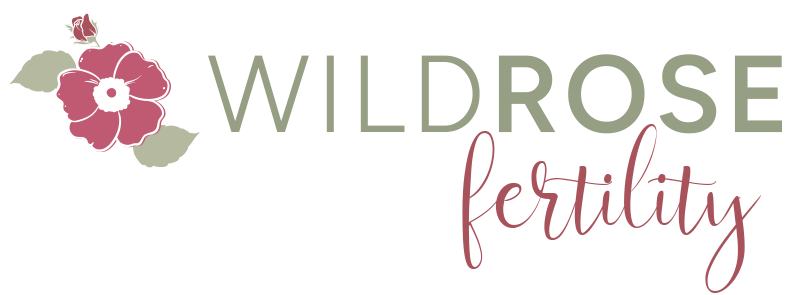Understanding the Connection Between Endometriosis and Fertility
I’ve seen a huge increase in the number endometriosis patients within the last couple of years. Seems like a good time to share more knowledge about this prevalent condition!
Endometriosis affects an estimated 1 in 10 women during their reproductive years. It occurs when tissue similar to the uterine lining grows outside the uterus — commonly on the ovaries, fallopian tubes, and pelvic lining.
For some, the main challenge is pain and heavy periods. For others, endometriosis also impacts their ability to conceive.
It’s estimated that 30–50% of women with endometriosis may experience infertility.
The reasons are multi-layered:
-
Inflammation in the pelvic cavity
-
Scar tissue or adhesions affecting the fallopian tubes or ovaries
-
Hormonal imbalances impacting ovulation
-
Immune dysfunction interfering with implantation
The Functional Medicine Approach
Functional medicine aims to identify and address the root causes that may be affecting fertility in women with endometriosis. A thorough work up, including testing, is essential in determining root causes. Key areas of focus include:
1. Reducing Inflammation
Chronic inflammation is a hallmark of endometriosis and can impact egg quality, implantation, and overall reproductive health.
-
Anti-inflammatory diet rich in leafy greens, berries, omega-3 fats
-
Targeted supplements like omega-3s, curcumin, N-acetylcysteine (NAC)
2. Optimizing Hormone Balance
Many women with endometriosis experience estrogen dominance — too much estrogen relative to progesterone.
-
Support liver detox pathways for estrogen clearance (cruciferous vegetables, B vitamins)
-
Manage stress to protect progesterone levels
3. Supporting Gut Health

A healthy gut plays a vital role in hormone metabolism and immune regulation.
-
Address dysbiosis, leaky gut, and microbiome imbalances
-
Increase fiber and prebiotics to improve estrogen clearance
4. Minimizing Toxin Exposure
Reduce exposure to endocrine-disrupting chemicals found in plastics, pesticides, and conventional personal care products.
The Eastern Medicine (TCM) Perspective
In Traditional Chinese Medicine, fertility challenges with endometriosis are often linked to patterns such as:
-
Qi and Blood Stagnation – blocking the free flow of reproductive energy and nutrients to the uterus
-
Cold in the Uterus – reducing warmth needed for implantation and healthy blood flow
-
Kidney Yin or Yang Deficiency – affecting the body’s reproductive essence (Jing)
Treatment strategies may include:
-
Acupuncture or acupressure to improve pelvic blood flow, reduce inflammation, and regulate hormones
-
Herbal medicine to move stagnation, nourish the uterus, and restore balance
-
Moxibustion to warm the uterus and improve implantation environment
-
Lifestyle alignment with the menstrual cycle (rest during menstruation, nourish during follicular phase, support warmth post-ovulation)
A Combined, Integrative Path
When functional medicine and TCM work together, we can address both the visible and invisible factors affecting fertility:
-
Lowering pelvic inflammation and supporting egg quality
-
Regulating cycles and ovulation
-
Improving uterine lining receptivity
-
Reducing pain and restoring overall health
Example Integrative Plan:
-
Acupuncture 1–2x weekly during preconception to optimize cycle health
-
Herbs & Supplements tailored to TCM diagnosis and functional lab results
-
Nutrition plan emphasizing anti-inflammatory and hormone-balancing foods
-
Stress reduction with mindfulness, breathwork, or qigong
Final Thoughts
Endometriosis can make the journey to conception more challenging — but not impossible.
By combining the root-cause approach of functional medicine with the cycle-focused wisdom of Eastern medicine, we can help create the best possible environment for conception and a healthy pregnancy.

